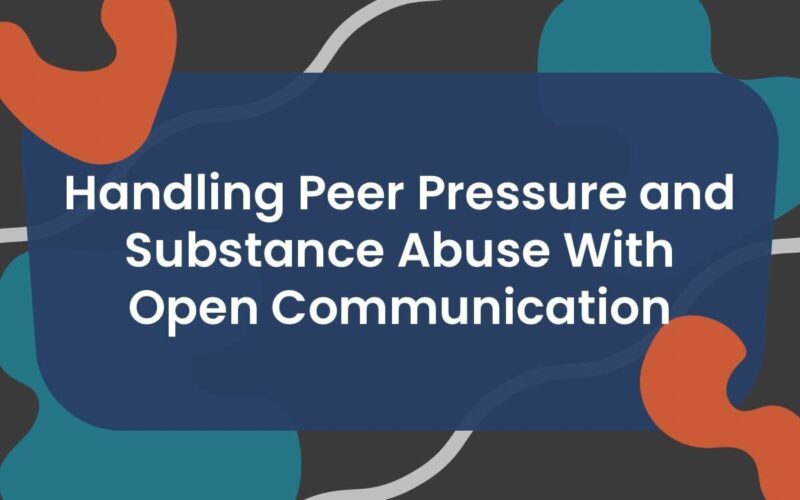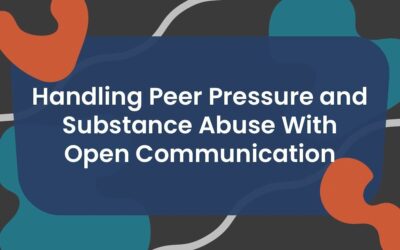We play a pivotal role in guiding our children through the complex and often challenging landscape of adolescence. We want to have faith in them to make tough decisions, but know that peer pressure, substance abuse, and the need for open communication are significant issues that can impact your child’s social life and overall well-being.
Our Lead Dads have some thoughts on how you can address these concerns effectively.
Understanding Peer Pressure
We have all experienced peer pressure in one way, shape, or form. The influence exerted by a peer group can encourage individuals to change their attitudes, values, or behaviors to conform to the group. During adolescence, fitting in and gaining acceptance from peers can become extremely important for your child. This can sometimes lead to behaviors they might not otherwise engage in.
Strategies to Combat Peer Pressure:
- Build Self-Esteem: Encourage your child to have confidence in their own values and decisions. Praise their strengths and support their interests.
- Teach Decision-Making Skills: Help your child develop the ability to make sound decisions by discussing potential scenarios and appropriate responses.
- Encourage Diverse Friendships: Promote friendships with a variety of peer groups. This can reduce the pressure to conform to one group’s expectations.
- Model Positive Behavior: Your actions speak louder than words. Demonstrate how to handle peer pressure by making healthy choices in your own life.
Addressing Substance Abuse
Substance abuse can have severe and long-lasting effects on a young person’s physical and mental health. As a parent it is crucial to address this issue head-on, with empathy and clarity.
Preventive Measures:
- Educate About Risks: Share age-appropriate information about the dangers of substance abuse. Be honest about the consequences.
- Set Clear Expectations: Establish and communicate your family’s rules and expectations regarding substance use.
- Be Involved: Stay engaged in your child’s life. Know who their friends are, as well as their whereabouts and activities.
- Provide Support: Make sure your child knows they can come to you without fear of judgment or punishment if they encounter substance-related issues.
Encouraging Open Communication
A foundation of trust and open communication is essential for your child to feel comfortable discussing their social life and any issues they might face. You must reassure them that you are approachable for answers, as well as comfort in the possible rejection they experience from their peers.
Developing Open Dialogue:
- Create a Safe Environment: Ensure your child feels safe to express their thoughts and feelings without fear of criticism or dismissal.
- Be an Active Listener: Show genuine interest in what your child says. Listen without interrupting and acknowledge their feelings.
- Ask Open-Ended Questions: Encourage deeper conversations by asking questions that require more than a yes or no answer.
- Be Available: Make time for regular, uninterrupted conversations. This demonstrates that their concerns are a priority for you.
When to Seek Help
Recognize when issues may be beyond your ability to manage alone. If your child is struggling with severe peer pressure, substance abuse, or mental health issues, seek professional help. School counselors, therapists, and support groups can provide additional resources and support for both you and your child.
At the end of the day, it’s about seeing your child through the potential landmines of adolescence, ensuring their safety and well-being through to a bright future. Through consistent care and love we can provide a safe space for our children while allowing them to learn how to face tough decisions and make smart choices.









